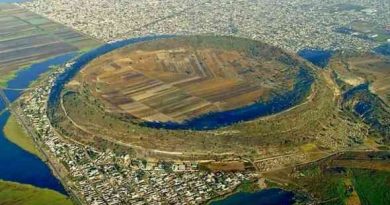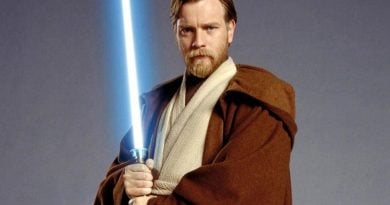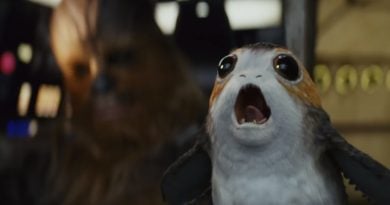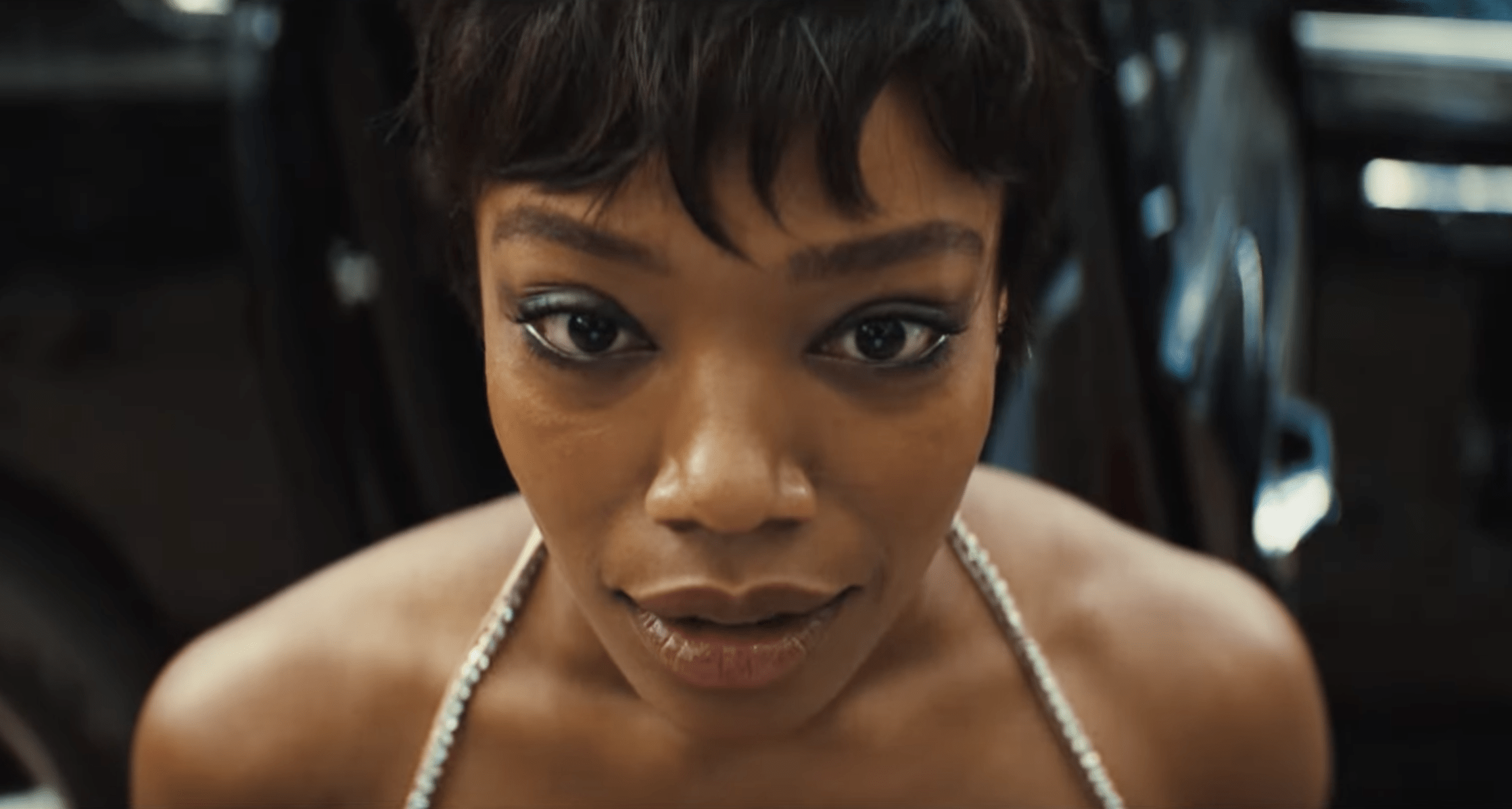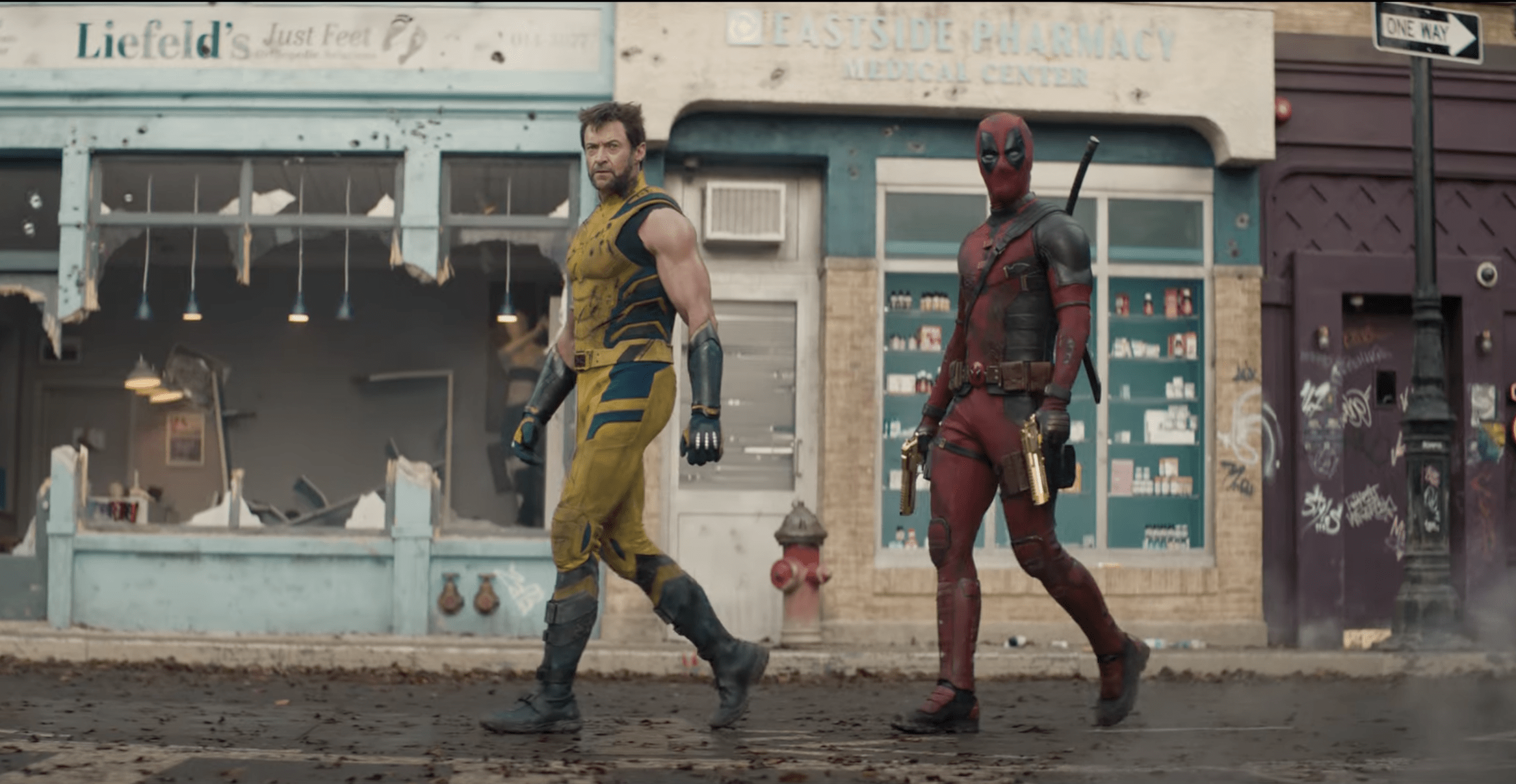Editorial: Did J.J. Abrams Help or Hurt Star Wars?
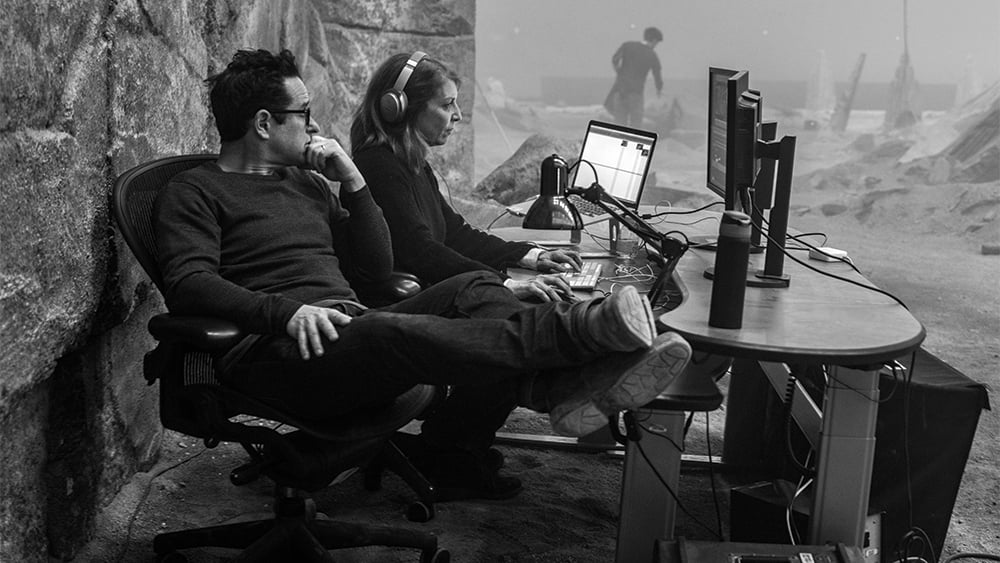
There’s an old SNL skit from the 80s I think of sometimes when I talk about the influence of J.J. Abrams on Star Wars. It’s the one where Rob Schneider sits in a corner next to the copy machine and says, as people come to make copies, that so and so is ‘making copies.’ The skit was revisited, again and again, the same concept and same single joke copied ad nauseam. Eventually, people just got tired of it.
With the Sequel Trilogy complete and Star Wars at something of a crossroads, I thought now would be a good time to consider the influence of J.J. Abrams on the franchise. When he took over the reins on The Rise of Skywalker after Colin Trevorrow walked the plank, Abrams took creative control of the sequels. Bookending The Last Jedi, a film that if nothing else took fans places they didn’t think they could go, the two Abrams films highlight both the qualities and limits of Abrams as a writer and director. There is perhaps no one better in cinema today to produce a faithful, exciting and quality installment of an existing franchise.
And that’s the problem.
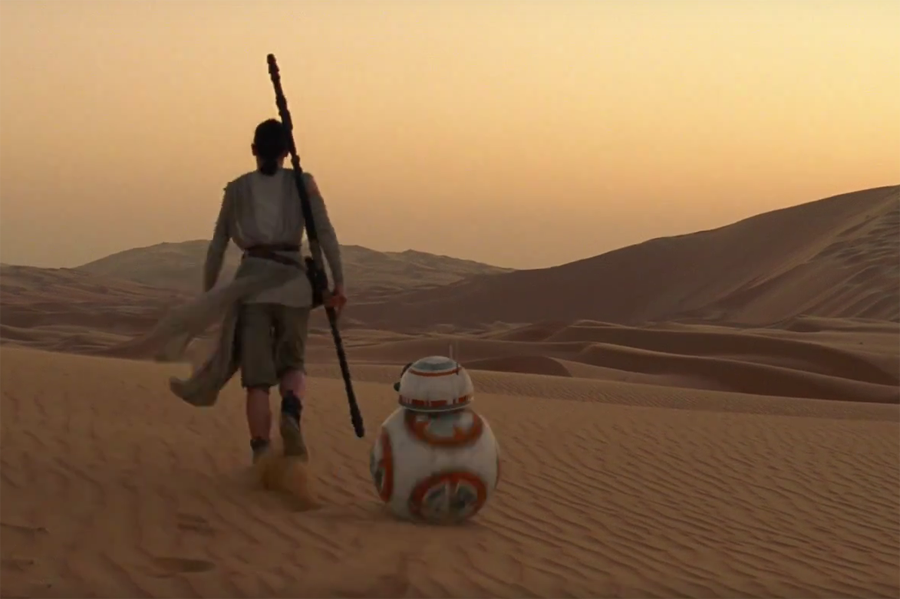
The successes of the new trilogy are largely due to Abrams, though not all, and so are the failures. For the first time, Star Wars was in the hands of other creators. The results have been mixed, it’s fair to say. The Force Awakens remains the highest-grossing domestic film of all time. Fans soured on the dry, panache-less Prequel Trilogy rediscovered the fun, verve, and joy of pure unabashed Star Wars. Abrams’ dedication to recreating the fun and tempo of the original films is perhaps his single biggest contribution to the franchise.
If not, then it’s certainly his skill in casting. Abrams introduced the world to Daisy Ridley, John Boyega and in large measure, Adam Driver. It’s impossible to think of these films without any of them. He helped created new, iconic characters in Rey, Finn, Poe and Kylo Ren, and gave them spirit and inner lives that frankly the character of both preceding trilogies didn’t have. There are no introductions in Star Wars like the introduction of Rey, a minute-long tone poem that essays her difficult but determined existence in beautiful detail.
The prequels are often criticized for a number of things, but one of the biggest regrets fans have about them is that there was a lack of connection to the characters. Things just seemed to be happening to them, which they described in clunky dialogue, or didn’t at all. In The Force Awakens, we are treated to Ben Solo’s pain and struggle. He’s rendered a human being in brief, but dramatic moments. Driver’s performance and Abrams’ writing and direction are so successful you remain invested in him despite the fact he killed your childhood hero, Han Solo.
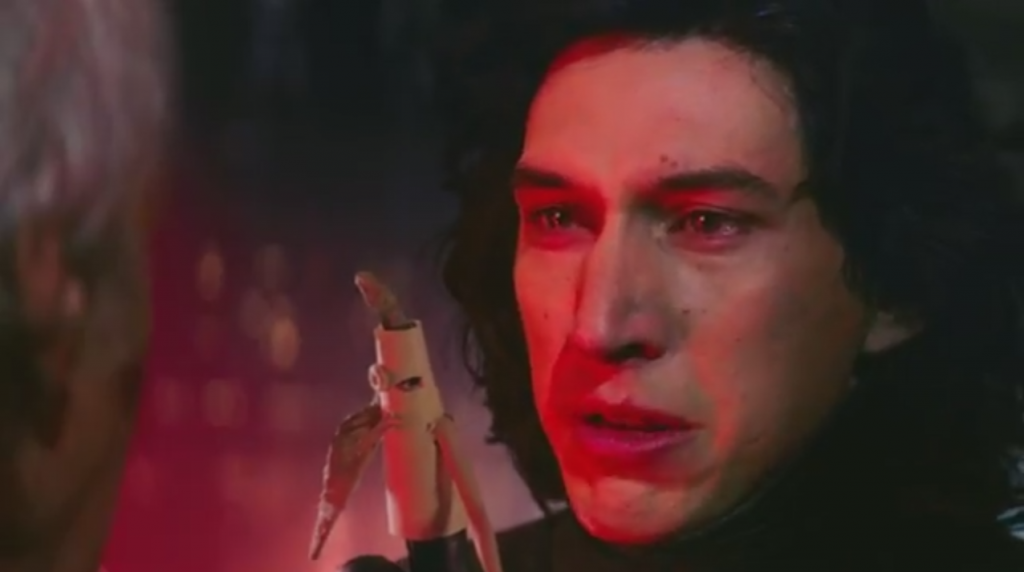
The biggest knock against that film was that it was too similar to A New Hope. Abrams acknowledged these concerns and justified his choices by saying he had to provide fans a frame of reference since it had been so long between films. You kind of understand it, though it doesn’t go unnoticed George Lucas felt no such obligation to do the same in the sixteen years between Return of the Jedi and The Phantom Menace. But you were ok with it; there are two more films in the trilogy. Things will be different.
But they weren’t.
Well. They were with The Last Jedi, certainly. I’ll leave The Last Jedi aside for now, as we’re focusing on Abrams. When Abrams came on board to direct The Rise of Skywalker, he made statements that signaled that the excessive nostalgia of his previous film was no longer necessary.
“On this one, I let myself be, at least in the way I was approaching the thing, freer. In Episode 7, I was adhering to a kind of approach that felt right for Star Wars in my head. It was about finding a visual language, like shooting on locations and doing practical things as much as possible. And we continue that in Episode 9, but I also found myself doing things that I’m not sure I would have been as daring to do on Episode 7.
That statement seems odd, to say the least, in light of the film we ultimately got. The Force Awakens in retrospect wasn’t a concession to a starved audience, but a warning that a nostalgia-prone director could not and would not help himself grow beyond the bounds of what he had already seen. Despite an amazing ability to craft character and cast impeccably, Abrams proved in his two Star Wars outings he cannot make a movie that does not echo others so strongly the reverb rattles you out of your seat. The thing is, we knew that already.
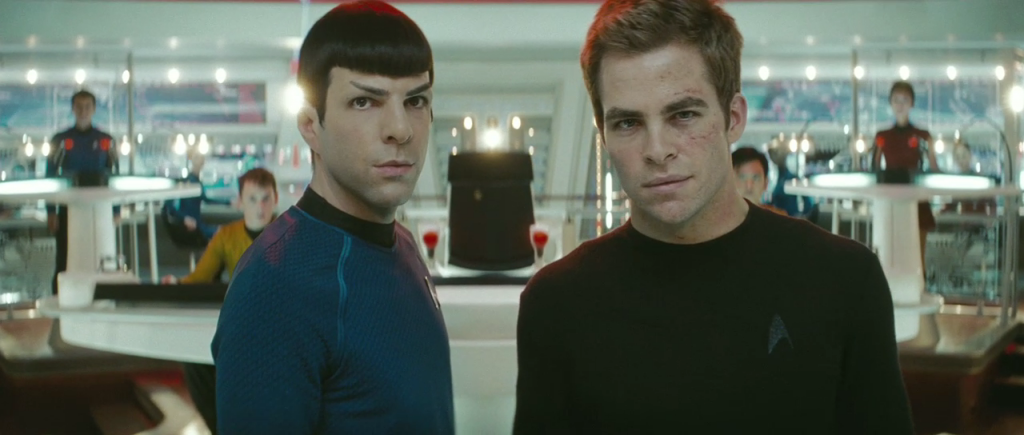
For all intents and purposes, The Force Awakens is not his first Star Wars movie. That’s Star Trek (2009). A high octane reboot of a young protagonist growing up on the fringes of the galaxy who is brought forth into their destiny as a planet is destroyed, the synopsis for the film is virtually no different from Star Wars or The Force Awakens. While Abrams brought a lot of energy and fun back to a moribund franchise (a theme develops), some fans were left cold by critical logic gaps and a heavy dose of nostalgia. But it’s just the first movie, right? It’s ok.
Star Trek Into Darkness was voted the worst Star Trek film ever almost immediately upon its release in 2013. That may be harsh given its competition, but then again, it’s not hard to see why. The movie is essentially a remake of the one before, hitting every character beat as Star Trek, and a clumsy, unrepentant remake – reboot? – of The Wrath of Khan. None of it works. Instead of kickstarting Star Trek with a bold new premise and allowing the franchise to chart new territory for a new generation, Abrams immediately apes what has happened before and puts the entire series into a stall. The exact same thing happened with The Rise of Skywalker.
The film is an enjoyable, sometimes moving conclusion to the Sequel Trilogy. I’ll avoid a lengthy review here and say simply that I liked it. I’ve seen every Star Wars film in the theater five times or more (way more). I saw this one twice. I felt like I had seen it before, in The Force Awakens, A New Hope, Return of the Jedi and the Star Trek films. It revisits locations, ideas, and characters, but not in the rhyming way that Lucas employed through the prequels. We don’t see a mythic cycle, bending back on itself, but a film stuck on repeat. Abrams simply can’t move forward visually or narratively, which results in things like putting back the broken halves of Luke Skywalker’s saber (after inexplicably restoring it in The Force Awakens) and Kylo Ren’s helmet.
Rey goes from unbound to the series mythology to being its avatar. More than simply being a Palpatine, she’s Abrams surrogate, living his Star Wars fantasy as I’m sure he and many of us imagined. She inherits all of the Original Trilogy’s iconography, from Luke’s saber, his last name, his X-Wing and oh, the Millennium Falcon, too. Rey is an outstanding character, a trailblazer in the series by virtue of her very existence, and Abrams saddles her with the weight of all his nostalgia, exposing her to unfair criticisms about her quality as a character.
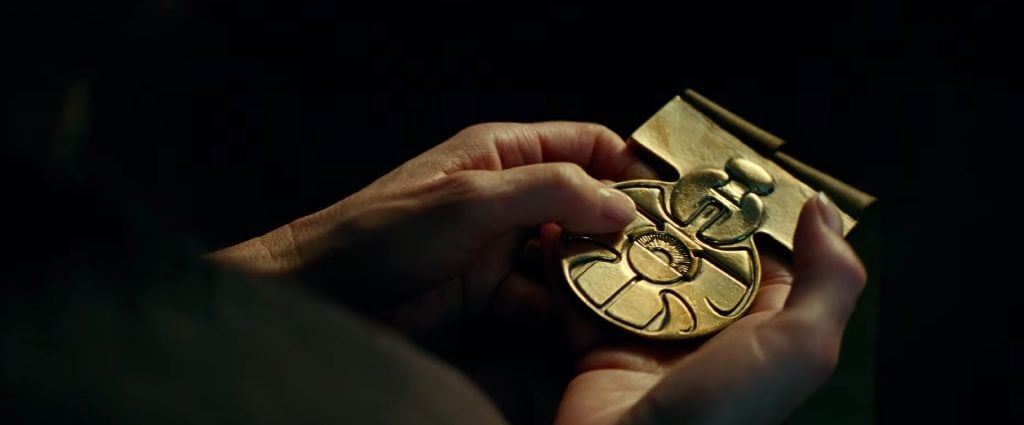
One thing Abrams succeeded at in The Rise of Skywalker was the treatment of Princess Leia. Put in an impossible spot by Carrie Fisher’s untimely passing, he could have chosen the easy way out and written her out of the film. Here is one place where his focus on the past helped. Utilizing deleted scenes, Abrams crafts a fitting and final performance from Fisher, and gives the character of Leia the mythic place in the Jedi pantheon that she fully deserved. In doing so, he shows how judicious nostalgia and fan service can work.
So did J.J. Abrams help or hurt Star Wars? The answer is, it’s complicated.
Certainly, the success of The Force Awakens can’t be argued with. The Rise of Skywalker was a successful film, only less so. From a financial perspective, the franchise is only outdone by the unheralded success of Marvel Studios. From a creative standpoint, it’s in serious trouble. Part of the behind the scenes turnover most like is due to the fact that there isn’t a singular creative vision for Star Wars anymore. The only consistent one in the films has been Abrams, and consistent might be a polite way of saying repetitive.
J.J. Abrams gave Star Wars fans some of its best characters, and for that, we should all be grateful. He helped move Star Wars into a new era, with respect and love, if too much devotion to what had come before. For me, the future of Star Wars is in the future. To continually retread previous films is a disservice to fans and those films, which were unique and bold. Star Wars needs creators with the imagination and the courage of George Lucas, to trust in their vision and roll the dice. Some of it will work. Some of it won’t. That’s ok.
Star Wars itself is a synthesis of many genres and traditions. Westerns. Flash Gordon. Kurosawa. It’s a magical fusion that may be impossible to replicate. What’s clear is you simply can’t copy it. You have to add something new to it, something of yourself, in order for it to be vital.
DARBY HARN is a novelist, freelance writer and podcaster. His novels include Ever The Hero, The Judgement of Valene, Nothing Ever Ends and A Country Of Eternal Light. His short fiction appears in Strange Horizons, Interzone, Shimmer and other venues.

